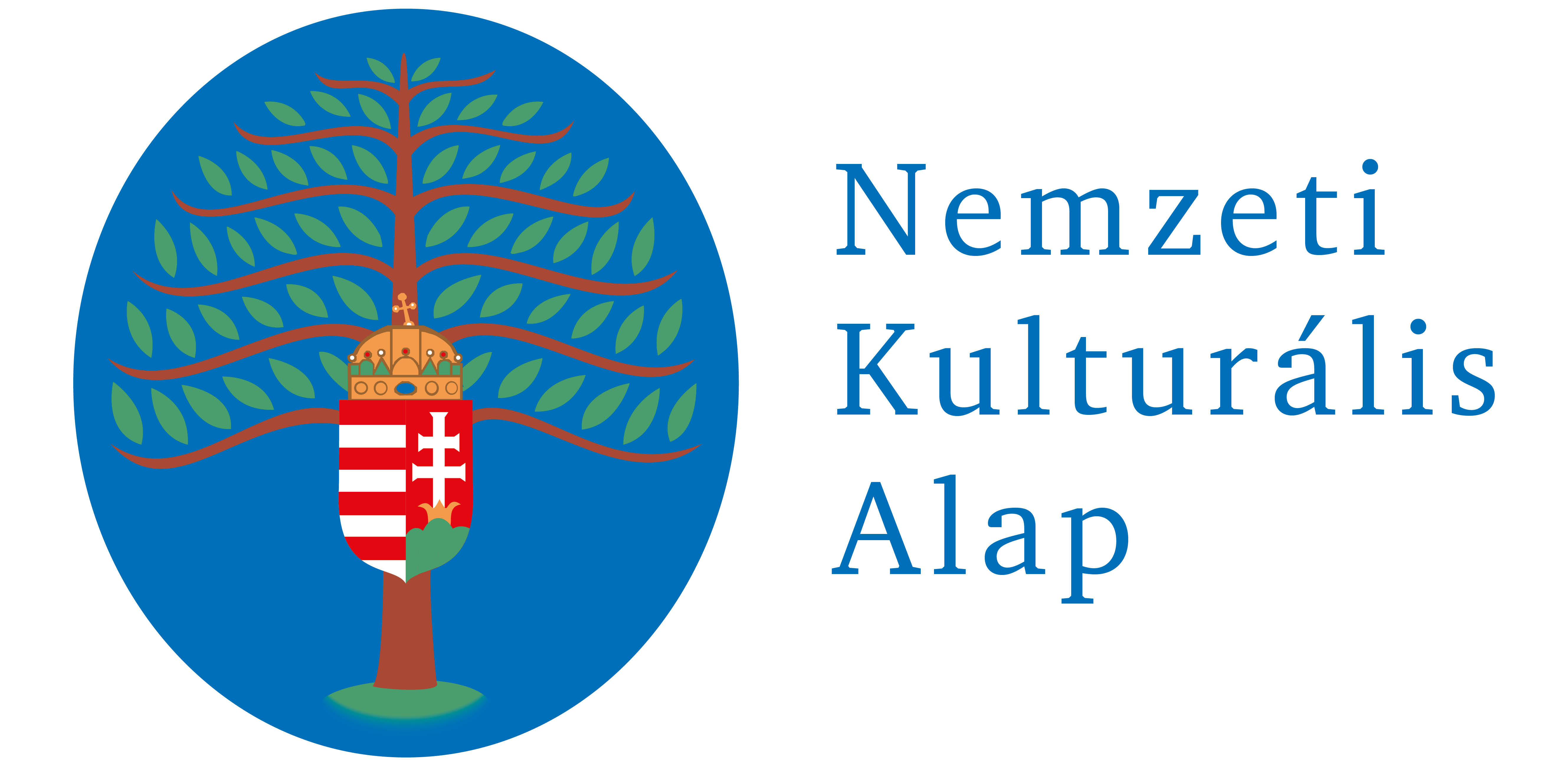Naptár
2024. április 15–19.
2024. április 20.
Eötvös József Kárpát-medencei középiskolai szónokverseny
2024. április 24. – május 3.
Tovább...
2. 2020.
Abstracts in English
Studies
Gombos, Péter – Péterfi, Rita – Csima, Melinda – Domokos, Áron
Reading for its own sake, range of interest in reading and relation to reading in case of elderly people
After introducing the theoretical background, this study aims to provide general conclusions about the reading of elderly people and their relation to reading and literature—primarily based on the results of two research projects. Besides essential questions such as what and how often elderly people read, this research pays special attention to the genre interest of this generation, to the ‘non-readers’, and to the reasons for not reading in this cluster. It must be highlighted that 12 percent of the respondents have read a book on a laptop already, while hardly 2 percent of them have an e-book reader, and that the genre interest of this generation has clearly changed compared to results in earlier research. It is important to note that almost one quarter of the non-readers referred to their weakened sight as a reason for not reading; however, the distracting effect of television from reading culture can be clearly measured.
Asztalos, Anikó
The characteristics of individual student statement types in classroom discourse
Earlier research has shown that students hardly talk in classes. There is, however, less information on what characterizes their individual speech. The aim of this research is to investigate the ratio of teacher talking time (TTT) and student talking time (STT) in classroom discourse based on recordings, and to define the types of statements in students’ turns. This study discusses and differentiates types of student statements during frontal teaching, based on the video recordings of ten lessons. In addition, it shows what statements students make, how long those are and to what extent the students participate in classroom discourse, based on 89 individual students’ speech. Its main purpose is to describe and demonstrate the method that helps finding and analysing individual student statements. The method of this research thus can be adapted to further investigations.
Workshop
Bokor, Julianna
Challenges and limitations of the tools and methods measuring the linguistic performance of bimodal bilinguals
Deaf communities are strongly heterogeneous and they use sign language. The degree and reason of deafness, family environment, strategy of language use within the family, educational background, and the use of hearing aids are all sociocultural factors which have a significant effect on the linguistic and cognitive development. They have an impact on the development of linguistic and communicative competencies, on the available linguistic resources, and on the language use. The teaching process, methods, and measurements of linguistic performance should adapt to this linguistic diversity. This, however, is not the case yet. The aim of this study is to introduce the difficulties and challenges of measuring the linguistic performance of deaf children and to present the attitude that should be developed so that new and more efficient measurement tools could help to follow the progress in language and cognitive skills.
Czoller, Viktória
Discussing the topic of bullying with the help of multimedia tools in first language classes
This study addresses the fundamental questions of abuse at school, teachers’ responsibility, rights and duties as well as options of prevention. After a theoretical overview, it provides a short summary on the mechanism of bullying, lists the competences of teachers, classmates, school and parents. Then it names further assisting staff and organisations. It provides general pedagogical principles, followed by a repository of multimedia exercises and activities for teachers of Hungarian language, in line with the National curriculum and the framework curriculum (2020). Due to the constant topicality of bullying, several preventive works of art, theatre performances, films and literary texts are created aiming at students. Following and discussing them in first language classes supports modern and authentic education.














